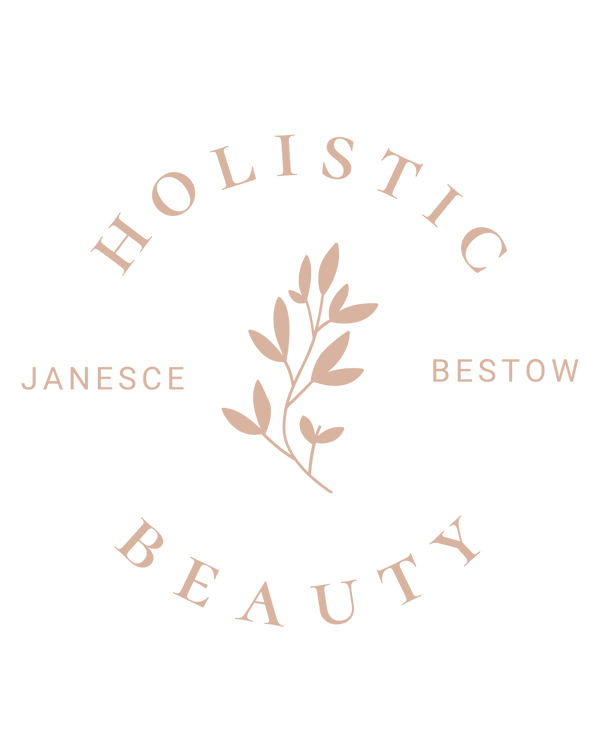With the drop in temperature and the chilly nights, it’s time for different types of meals which include more fats and oils in our cooking. Fats and oils give us warmth and energy which we need at this time of year. Unfortunately, this is also the time when people with oily skin can experience some problems. Luckily there are certain steps you can take to prevent this.

There are two different types of fats that we eat. Animal fats from meat, cheese, pastries and even chocolate – and oils from plants. Animal fats are also called saturated fats and they can supply up to 25% of our energy needs as well as fat-soluble vitamins which are important to our health. However, your body and your skin need a balanced intake of both the animal fats and plant oils that are so important for skin health.
Just a simple guide to understand the difference between the two types of fats. Saturated fats (animal) are solid at room temperature and too much of these fats in our diet causes blockages in the pores in the skin, leading to outbreaks we do not want or like!
Unsaturated oils (from plants) on the other hand are liquid at room temperature and this helps keep the oil in our skin free flowing and less likely to block.

If you have oily skin or breakout easily, it is important to limit the amount of foods you eat like red meat, cheese, chocolate, takeaways and fried foods because they are high in saturated fats. Instead, good quality plant oils help keep our skin’s oils flowing and less likely to block. Plant oils are very easy to incorporate into your diet by way of salad dressings or smoothies. Make sure you get a good quality one but remember, they are not suitable for frying foods as this changes the structure of the oil.
It is important to understand that our naturally flowing oil has three main roles. The oil softens the skin, removes wastes from the oil gland and most importantly, it ensures there is a slightly acidic barrier on our skin that helps protect against infections of any kind.
There are many skin preparations for cleansing your skin too. I will start by giving the ones that do not suit an oily skin. A wash with soap and water will not help an oily skin as the soap is alkaline, the opposite pH to what the skin prefers. Soap also tightens the skin which makes it even easier for the pores to block. The same applies to foaming cleansers which can be even more of a problem.

So how can you clean your skin whether it is to take off makeup or just the daily pollutants? Use a gentle cream or lotion cleanser and rinse thoroughly using a warm damp cloth following cleansing.
So be gentle with your skin, avoiding the tendency to over clean it and limit those saturated fats in favour of good quality, organic plant oils.

